Prose & Poetry - In Flanders Fields: The Making of the Poem
Updated - Saturday, 11 August, 2001
John McCrae's In Flanders Fields remains to this day one of the most memorable war poems ever written. It is a lasting legacy of the terrible battle in the Ypres salient in the spring of 1915.
One of the most asked questions is: why poppies? The answer is simple: poppies only flower in rooted up soil. Their seeds can lie on the ground for years and years, and only when someone roots up the ground, they will sprout. There was enough rooted up soil on the battlefield of the Western Front; in fact the whole front consisted of churned up soil. So in May 1915, when McCrae wrote his poem, around him poppies blossomed like no one had ever seen before.
As a surgeon attached to the 1st Field Artillery Brigade, Major McCrae, who had joined the McGill faculty in 1900 after graduating from the University of Toronto, had spent seventeen days treating injured men - Canadians, British, Indians, French, and Germans - in the Ypres salient.
It had been an ordeal that he had hardly thought possible. McCrae later wrote of it:
"I wish I could embody on paper some of the varied sensations of that seventeen days... Seventeen days of Hades! At the end of the first day if anyone had told us we had to spend seventeen days there, we would have folded our hands and said it could not have been done."
One death particularly affected McCrae. A young friend and former student, Lieut. Alexis Helmer of Ottawa, had been killed by a shell burst on 2 May 1915. Lieutenant Helmer was buried later that day in the little cemetery outside McCrae's dressing station, and McCrae had performed the funeral ceremony in the absence of the chaplain.
The next day, sitting on the back of an ambulance parked near the dressing station beside the Yser Canal, just a few hundred yards north of Ypres, McCrae vented his anguish by composing a poem. The major was no stranger to writing, having authored several medical texts besides dabbling in poetry.
In the nearby cemetery, McCrae could see the wild poppies that sprang up in the ditches in that part of Europe, and he spent twenty minutes of precious rest time scribbling fifteen lines of verse in a notebook.
A young soldier watched him write it. Cyril Allinson, a twenty-two year old sergeant-major, was delivering mail that day when he spotted McCrae. The major looked up as Allinson approached, then went on writing while the sergeant-major stood there quietly. "His face was very tired but calm as we wrote," Allinson recalled. "He looked around from time to time, his eyes straying to Helmer's grave."
When McCrae finished five minutes later, he took his mail from Allinson and, without saying a word, handed his pad to the young NCO. Allinson was moved by what he read:
"The poem was exactly an exact description of the scene in front of us both. He used the word blow in that line because the poppies actually were being blown that morning by a gentle east wind. It never occurred to me at that time that it would ever be published. It seemed to me just an exact description of the scene."
In fact, it was very nearly not published. Dissatisfied with it, McCrae tossed the poem away, but a fellow officer retrieved it and sent it to newspapers in England. The Spectator, in London, rejected it, but Punch published it on 8 December 1915:
In Flanders Fields
In Flanders fields the poppies blow
Between the crosses, row on row,
That mark our place; and in the sky
The larks, still bravely singing, fly
Scarce heard amid the guns below.
We are the Dead. Short days ago
We lived, felt dawn, saw sunset glow,
Loved, and were loved, and now we lie
In Flanders fields.
Take up our quarrel with the foe:
To you from failing hands we throw
The torch; be yours to hold it high.
If ye break faith with us who die
We shall not sleep, though poppies grow
In Flanders fields.
Subscribe to:
Post Comments (Atom)
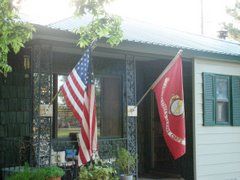
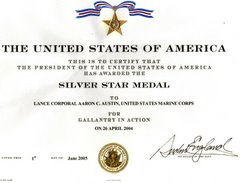
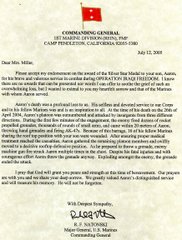
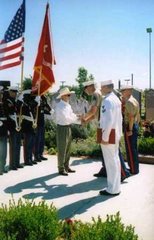


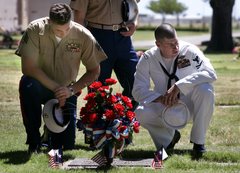

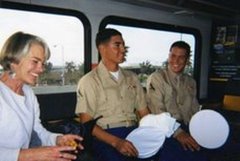

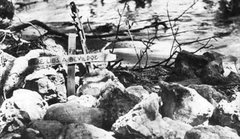


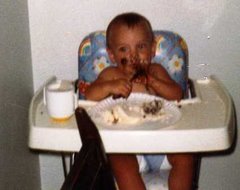

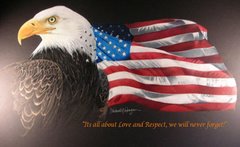
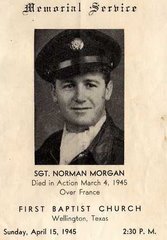
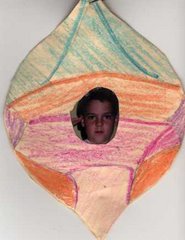

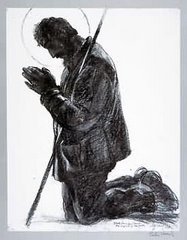
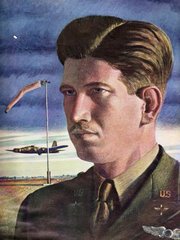

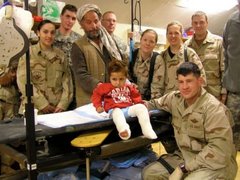
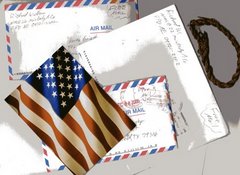

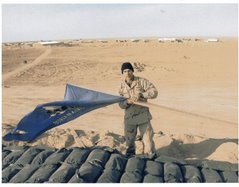


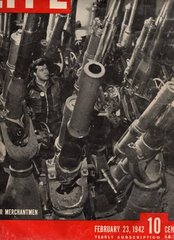
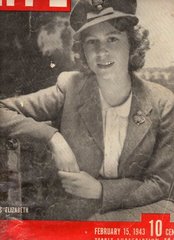

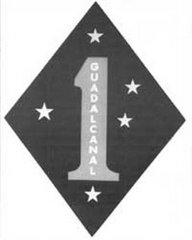
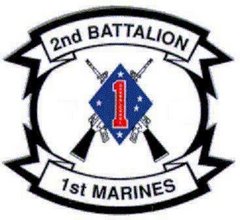


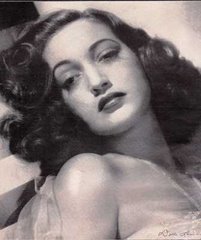

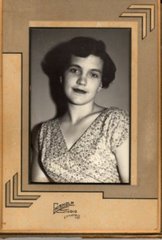

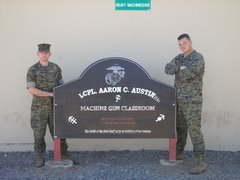

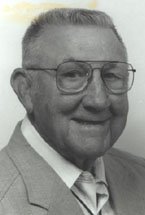

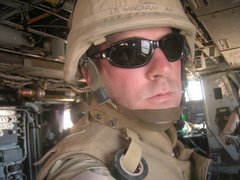
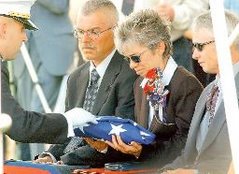


5 comments:
Allow me to share with you a little more about the Col.
Lt. Helmer had, in fact, been Col. McCrae's best friend. He not only served as chaplain for the night-time burial of Lt. Helmer, but he also had the horror of knowing that there were no visible remains to identify. Being a physician he and two corporals went out late that night to the spot where the shell landed. Lt. Helmer was a large man who stood 6'4'', and the Co. was able to identify some of his friend by a large femur (thigh bone) laying in the dirt. He and the two corporals carefully collected the remaining bones in the immediate area and went to the nearby cemetery. With his own hands he helped to dig the grave and then read a short Curch of England service of remembrance from his own Bible, as there had been no available chaplain for their sector for some time. All he wrote to the family was that his best friend now lay "with the other lads, and is now at peace with them and God".
He was a most remarkable man, physician, Soldier, and Canadian.
I humbly thank you for this beautiful post, De'on.
Veritas et Fidelis Semper
What a beautiful enlightenment, Deborah. Thank you so much. And like I said and gave to Karen for her correction on the number of Presidents that have served under the 50 star flag, you've just earned an extra chance at the "ALL OR NOTHING!" portion of the exam. If you miss any portion of one, it will not count against you. If you DON'T miss anything, you will be awarded 4 extra coins.
Good job! And it's great to have your interest. I'm really excited about this test. I know it will present some time and challenge, but as you say, it's good for the gray matter and it certainly is for a worthy cause!
You must stop giving any points at all to me, as I'm following along out of interest and not because of any prize. That's not why I visit your site. Thank you.
Veritas et Fidelis Semper
But of course!
Nevertheless... on this test the points are money for the use of our troops! As I said, there's a bit of challenge and fun to this test!
I love this poem. Thanks De'on and Deborah for sharing the story behind it.
Post a Comment